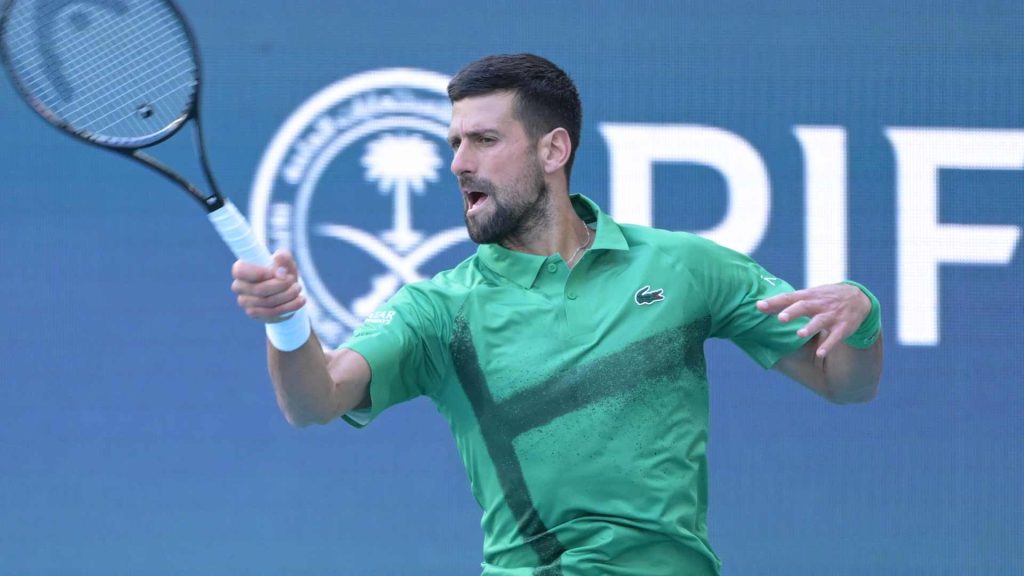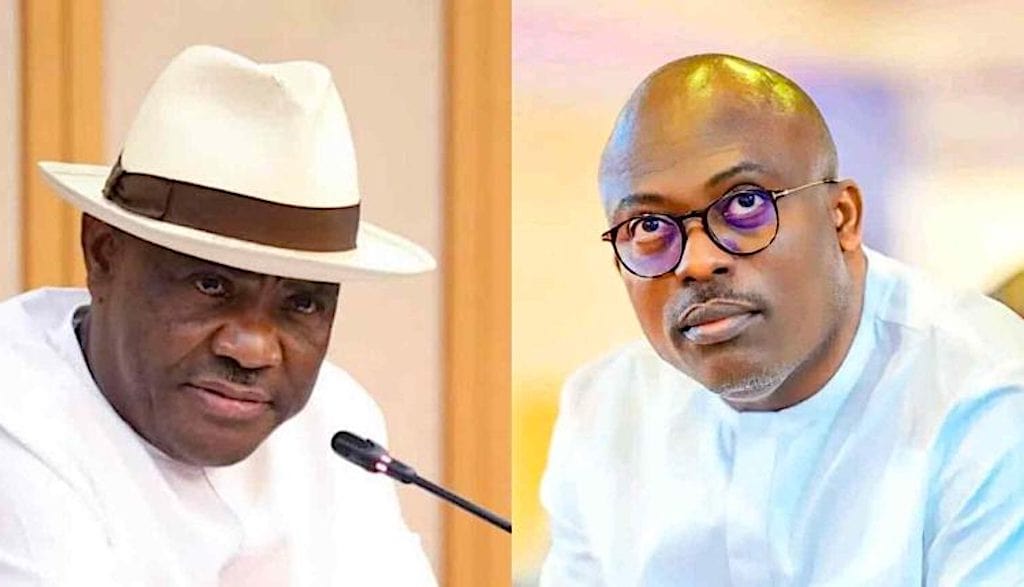The Federal Ministry of Education (FMOE), Universal Basic Education Commission (UBEC), Nigeria Governors’ Forum (NGF), and UNICEF have committed to addressing Nigeria’s urgent learning crisis. This follows a two-day National Conference on the Learning Crisis in Abuja on October 18-19, 2023, where stakeholders pledged to implement decisive actions to improve the nation’s education quality and accessibility.
Currently, only one in four Nigerian children between ages 7 and 14 can read proficiently or solve simple arithmetic problems. At the conference, participants highlighted the primary factors contributing to the educational deficit, including insufficient quality investments, inadequate teacher training, and limited access to educational materials in indigenous languages.
The conference spotlighted successful models, such as the Reading and Numeracy Activity (RANA) and Teaching at the Right Level (TaRL). RANA has shown success in enhancing reading skills for Grades 1-3 in both formal and Quranic schools, while TaRL has reduced learning gaps in Grades 4-6 by grouping students based on learning abilities instead of age. These models have proven effective across humanitarian and developmental contexts.
Stakeholders proposed a ‘Framework of Action’ aimed at improving education quality nationwide, emphasizing the need for enhanced teacher training, technology-integrated learning, and rigorous performance assessments. The framework will be refined over the next few months and, ultimately, used to guide Nigeria’s approach to bridging educational gaps.
Key points from the framework include:
- Leadership and Financing: The Minister of State for Education, Dr. Tanko Yusuf Sununu, and NGF Chairman Dr. AbdulRazaq AbdulRahman called for political leadership and increased domestic financing for education. They underscored the importance of a collaborative approach to develop an impactful Framework of Action.
- Curriculum Overhaul: The conference recommended curriculum revisions to align with global standards, with a strong emphasis on practical skills, tailored content in local languages, and enhanced early grade learning.
- Teacher Management: States were encouraged to strengthen policies on teacher recruitment, deployment, and remuneration to ensure sufficient staffing in primary schools. Continuous professional development is also essential to improve teaching quality.
- Annual Review and Targeted Goals: The framework outlines an annual review process to track progress, supported by state-specific action plans with measurable targets.
In his address, Dr. Sununu highlighted the gravity of the learning crisis, stating, “The consequences are profound, as we risk widening the education gap and perpetuating poverty, illiteracy, and disease. Our youth are our greatest asset for a prosperous future, and we must protect their potential.”
NGF Chairman Dr. AbdulRahman affirmed the forum’s dedication to educational investment, committing to increased budget allocations between 15-20% of state budgets for education. Representing him, Governor Oluseyi Makinde of Oyo State echoed the NGF’s commitment to collaboration with the federal government, development partners, and critical education sector stakeholders.
UNICEF Nigeria’s Representative, Ms. Cristian Munduate, underscored the urgency of prioritizing the learning crisis in Nigeria’s development agenda, stating, “A united effort that combines political leadership, technical expertise, and community involvement is pivotal.”
USAID, represented by Jana Wooden, pledged continued support for foundational learning programs in collaboration with the Ministry of Education and other partners.
UNICEF will host a follow-up workshop to finalize and validate the Framework, ensuring roles, resources, and responsibilities are clearly defined. The conference saw participation from notable leaders, including Dr. Tanko Sununu, Dr. Mark Useni, Ian Attfield (FCDO), Dr. Hamid Bobboyi (UBEC), and others who emphasized the need for immediate, coordinated action to secure Nigeria’s educational future.













